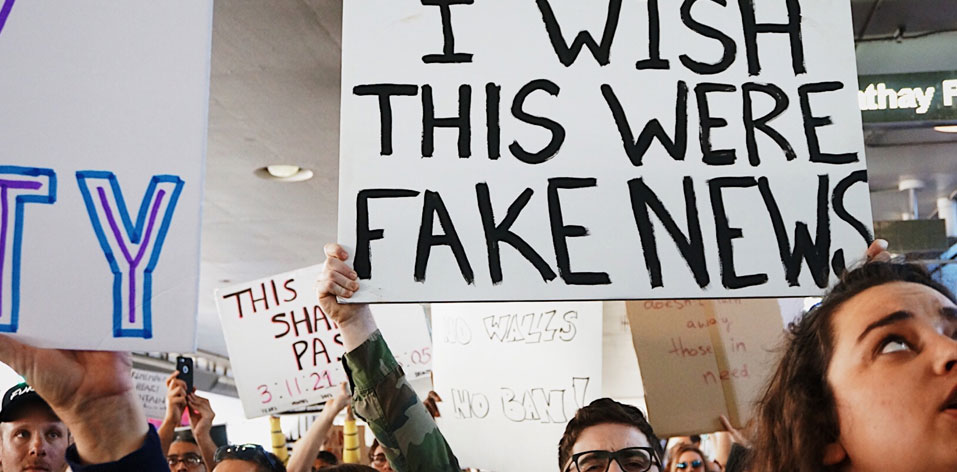Fake News Isn’t New
Fake news has been making news for some time now, and by ‘fake news’ I mean the manufactured, for-profit mendacity that is clicked on, shared, and sometimes believed. However, this is not a 21st century phenomenon. Examples of fake news pre-date the advent of social media and the Internet by centuries, and we don’t need to look back that far to see some memorable examples that fooled members of our parents’ and grandparents’ generation.
Time Magazine’s Con Man of the Year
One such example focuses on American writer Clifford Irving. This man lived an exciting life:
“I traveled twice around the world before most people living in it today were born, stood guard in an Israeli kibbutz, crewed on a 56′ three-masted schooner that sailed a stormy Atlantic from Mexico to France, and one spring I lived on a houseboat on Dal Lake in Kashmir, from where I rode horseback into Tibet.”1
He was also Time magazine’s “Con Man of the Year”.
In 1970, Irving and fellow author Richard Suskind decided to write Howard Hughes’ autobiography. The famous aviator and businessman had withdrawn from public life many years earlier, and they thought he was unlikely to dispute the book’s authenticity. Still, this didn’t mean that Irving and Suskind just began concocting a story. The book was well-researched, but Irving had the task of convincing McGraw-Hill that it was genuine. He produced forged letters from Hughes, took a lie detector test, and submitted the manuscript to the last journalist to interview Hughes. All of this convinced the publisher.2
So, what motivated Irving to create this massive con? He claimed it wasn’t money, stating that he was after an adventure. However, he also convinced McGraw-Hill to give him checks for Hughes, which his wife was actually depositing in Swiss bank accounts. Irving was eventually found out when Hughes publicly refuted the book’s authenticity in 1971. Irving spent 17 months in jail due to his involvement in the hoax. 3 4
How to Spot Fake News
Now, here we are almost 50 years later, and we’re still getting fooled. Just look at this list. The key question is: Do today’s fake news purveyors face any consequences for their actions? After all, they are profiting from the fiction they are spreading, and negatively impacting people worldwide. As sites like Facebook and Google try to clamp down on fake news, we need to be more proactive in not allowing ourselves to be taken in.
Take a moment to read our sister company’s blog post on how you can spot fake news.
1 Wikimedia Foundation. (2023, October 24). Clifford Irving. Wikipedia. https://en.wikipedia.org/wiki/Clifford_Irving#:~:text=Irving%20was%20open%20about%20it,official%20website%2C%20cliffordirving.com.
2 Brown, Mick. “You couldn’t make it up.” The Telegraph. 28 Jul. 2007. Web. 26 Apr. 2017. https://www.telegraph.co.uk/culture/3666824/You-couldnt-make-it-up.html.
3 Ibid.
4 The Hoax. Dir. Lasse Hallström. Miramax. 2006. Film.













 by
by